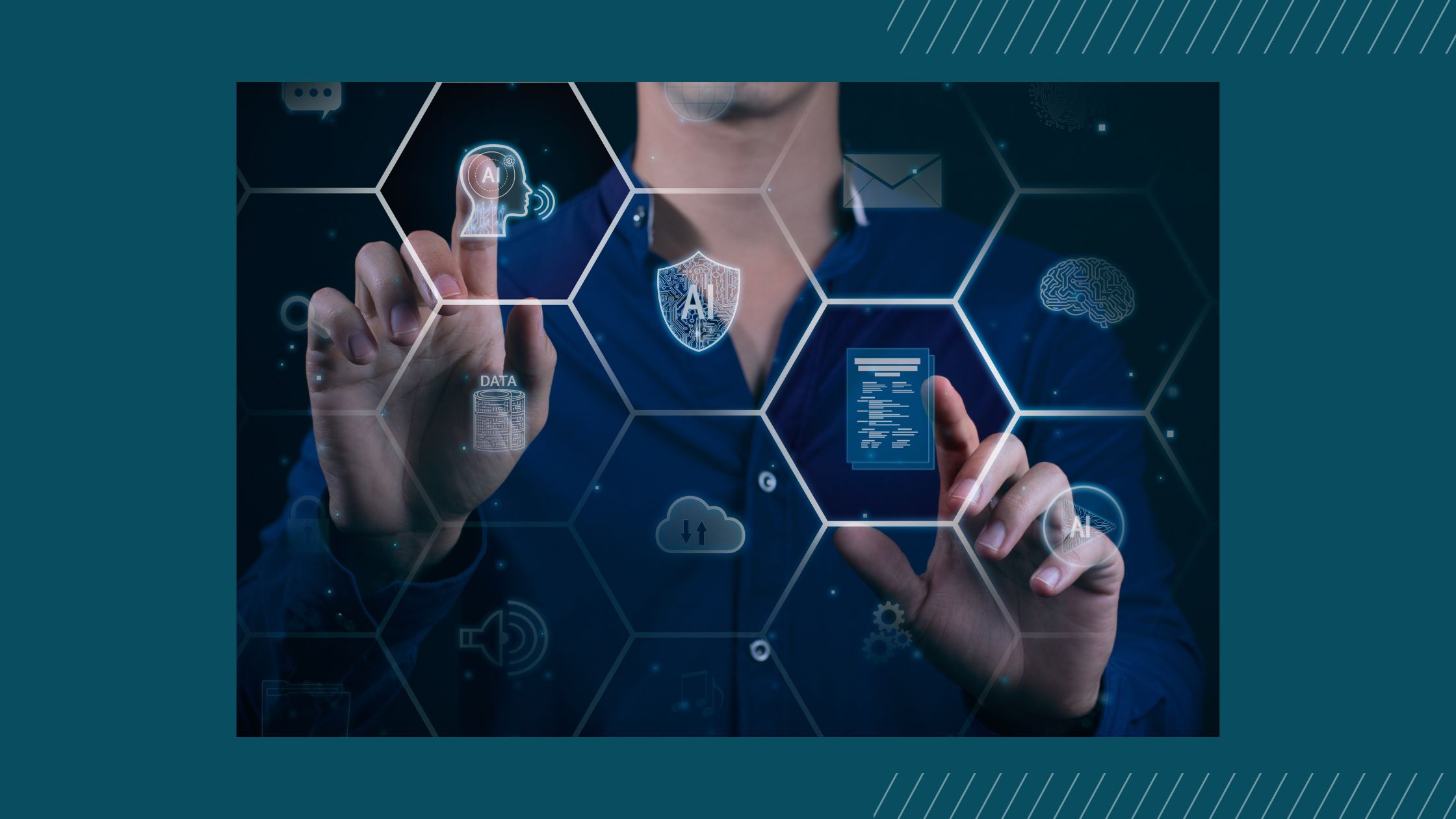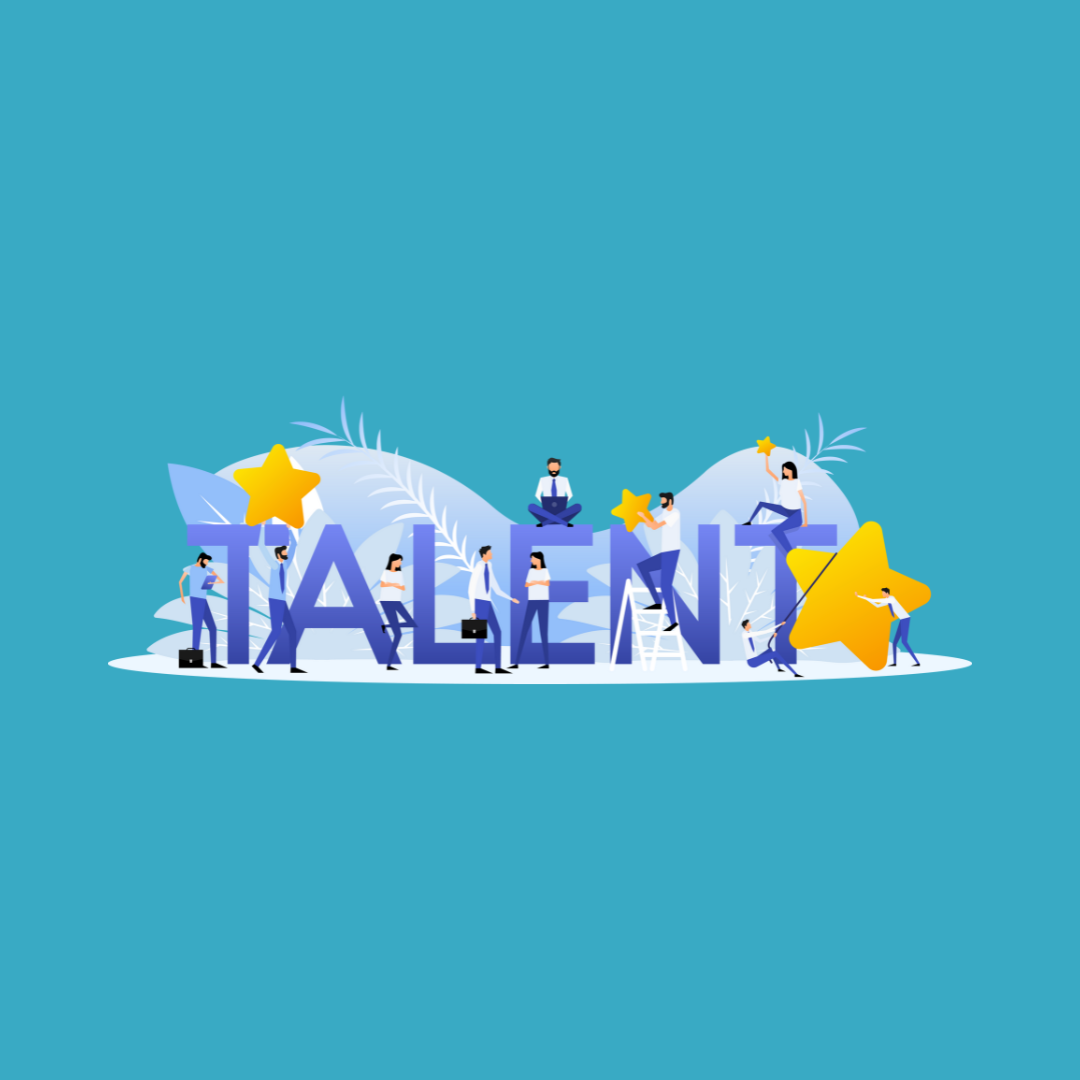
In recent years, the integration of artificial intelligence (AI) into recruitment processes has revolutionized the way companies identify and hire talent. While AI brings automation and efficiency to the hiring process, it also presents a unique set of challenges that both employers and job seekers should be aware of. Let’s delve into some of these challenges and how they shape the landscape of modern recruitment.
Bias:
One of the foremost challenges in AI recruitment is the inherent bias that can seep into algorithms, perpetuating discrimination in hiring practices. Despite advancements, AI systems may unintentionally learn biases from historical hiring data, leading to a difference in candidate selection based on factors such as gender, ethnicity, or socioeconomic background.
To address this challenge, organizations must prioritize diversity and inclusion initiatives, coupled with continuous monitoring and adjustment of AI algorithms to manage the bias effectively.
Skills Mismatch:
As technology evolves at a rapid pace, there is a growing disparity between the skills demanded by employers and those possessed by job seekers. AI recruitment tools often struggle to accurately assess candidates’ skills and match them with job requirements, leading to mismatches and inefficiencies in the hiring process.
According to the World Economic Forum’s Future of Jobs Report 50% of all employees will need reskilling by 2025, as adoption of technology increases, which may bring a significant challenge for AI recruitment systems.
To overcome this obstacle, organizations must focus on upskilling and reskilling initiatives to bridge the gap between required and available skills, while AI tools should continuously evolve to adapt to changing skill demands.
Candidate Experience:
While AI streamlines various aspects of the recruitment process, there is a risk of depersonalization, potentially alienating candidates. Automated processes, such as chatbots and pre-screening assessments, may lack the human touch essential for fostering meaningful connections with candidates.
According to a survey by CareerBuilder, 60% of candidates reported a negative experience during the job application process, they referred to the lack of communication and impersonal interactions as primary reasons.
To enhance candidate experience, organizations should strike a balance between automation and human interaction, leveraging AI tools to augment rather than replace human touchpoints. Providing timely feedback and personalized communication can significantly improve candidates’ perception of the recruitment process.
Data Privacy and Security:
The use of AI in recruitment entails the collection and analysis of vast amounts of sensitive candidate data, raising concerns about privacy and security. Mishandling of data or breaches in security can have severe consequences, including legal ramifications and damage to organizational reputation.
A survey by Deloitte found that 47% of organizations consider data privacy and security as the biggest challenge in implementing AI solutions for recruitment.
To address this challenge, organizations must adhere to stringent data protection regulations such as GDPR and implement robust security measures to safeguard candidate information throughout the recruitment life cycle.
In conclusion, the integration of artificial intelligence (AI) into recruitment processes holds potential to transform traditional hiring practices. However, alongside its promising advantages, AI also brings some challenges with proper steps and proactive strategies. Organizations must navigate these challenges with diligence to take advantage of AI’s potential.
Firstly, addressing bias stands as a concern. Despite AI’s promise of objectivity, algorithms can accidentally make biases present in historical data. Therefore, organizations must implement rigorous measures to identify, understand, and reduce biases within AI systems to ensure fair and equitable candidate selection processes.
Secondly, the evolving nature of technology often results in a skills mismatch between the demands of job roles and the qualifications of candidates. AI recruitment tools must continually adapt to changing skill requirements to accurately assess candidates’ capabilities and match them with best matching positions.
Furthermore, prioritizing candidate experience is essential for fostering positive relationships and attracting top talent. While AI streamlines processes, it must addition rather than replace human interactions to maintain a personalized and empathetic approach throughout the recruitment journey. Providing timely feedback, transparent communication, and meaningful engagement can significantly enhance candidates’ perception of the organization and increase retention rates.
Lastly, safeguarding data privacy and security remains a critical consideration in the era of AI-driven recruitment. With the collection and analysis of vast amounts of sensitive candidate data, organizations must follow data protection regulations and implement solid security measures to protect individuals’ privacy and prevent potential breaches.
By proactively addressing these challenges and implementing strategic measures, organizations can harness the full potential of AI to attract, engage, and retain the best talent in today’s labor market.
Written by: Karolina Wonchala
Related Posts
How to Choose the Best IT Recruiting Firm: Key Success Factors for 2024
In 2024, the IT industry is no longer a bidding paradise, but the demand for…
Women in Tech Statistics in 2024: Trends, Gaps, and Challenges
The tech industry is evolving, with recent data shedding light on the role of women…
Challenges in recruiting Women for Tech roles
Recruiting women, particularly in certain industries and roles, presents a unique set of challenges. These…
Empowering Women in Tech: Key Initiatives in Poland
The tech industry in Poland is witnessing a dynamic shift towards inclusivity and diversity, driven…



